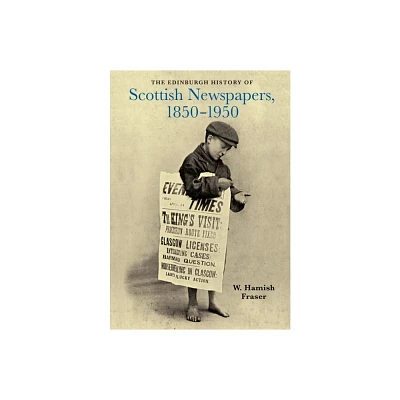Home
Ecology Control and Economic Development East African History: The Case of Tanganyika 1850-1950
Loading Inventory...
Barnes and Noble
Ecology Control and Economic Development East African History: The Case of Tanganyika 1850-1950
Current price: $95.00


Barnes and Noble
Ecology Control and Economic Development East African History: The Case of Tanganyika 1850-1950
Current price: $95.00
Loading Inventory...
Size: Hardcover
*Product Information may vary - to confirm product availability, pricing, and additional information please contact Barnes and Noble
Ecology Control and Economic Development in East African History: The Case of Tanganyika, 1850-1950
explores a significant shift in East African historiography, particularly with the move toward political independence. This change has prompted a re-examination of the African past, with an emphasis on reclaiming African agency, rejecting colonial-era interpretations that focused predominantly on European actions. Scholars like Oliver, Mathew, Kimambo, and Temu have led the way in this new wave of historiography, arguing that the African past was dynamic and that Africans were active agents in shaping their history, particularly in the face of crises such as intertribal warfare and colonial incursions. However, this study seeks to go beyond political history and traditional frameworks, shifting the focus to the ecological and economic systems that shaped African life in the 19th century.
The book argues that pre-colonial East Africans were not merely responding defensively to external crises but were actively engaged in managing their environment and developing their economy. Through ecological control, such as agricultural and pastoral practices, East Africans maintained a sustainable relationship with their land, even in the face of challenges like the tsetse fly and the disruptions caused by intertribal conflict. This study challenges the prevailing notion that East Africa was economically underdeveloped due to shifting cultivation and warfare. Instead, it highlights the prosperous agricultural and cattle economies that were able to thrive despite these challenges. By examining the economic activities such as agriculture, iron smelting, and trade, the study demonstrates the region's economic vibrancy and the agency of its people in controlling their environment and developing a complex economic system. Through this approach, the study calls for a reimagined understanding of East African history that emphasizes the active role of its peoples in shaping their destiny.
This title is part of UC Press's Voices Revived program, which commemorates University of California Press’s mission to seek out and cultivate the brightest minds and give them voice, reach, and impact. Drawing on a backlist dating to 1893, Voices Revived makes high-quality, peer-reviewed scholarship accessible once again using print-on-demand technology. This title was originally published in 1977.
explores a significant shift in East African historiography, particularly with the move toward political independence. This change has prompted a re-examination of the African past, with an emphasis on reclaiming African agency, rejecting colonial-era interpretations that focused predominantly on European actions. Scholars like Oliver, Mathew, Kimambo, and Temu have led the way in this new wave of historiography, arguing that the African past was dynamic and that Africans were active agents in shaping their history, particularly in the face of crises such as intertribal warfare and colonial incursions. However, this study seeks to go beyond political history and traditional frameworks, shifting the focus to the ecological and economic systems that shaped African life in the 19th century.
The book argues that pre-colonial East Africans were not merely responding defensively to external crises but were actively engaged in managing their environment and developing their economy. Through ecological control, such as agricultural and pastoral practices, East Africans maintained a sustainable relationship with their land, even in the face of challenges like the tsetse fly and the disruptions caused by intertribal conflict. This study challenges the prevailing notion that East Africa was economically underdeveloped due to shifting cultivation and warfare. Instead, it highlights the prosperous agricultural and cattle economies that were able to thrive despite these challenges. By examining the economic activities such as agriculture, iron smelting, and trade, the study demonstrates the region's economic vibrancy and the agency of its people in controlling their environment and developing a complex economic system. Through this approach, the study calls for a reimagined understanding of East African history that emphasizes the active role of its peoples in shaping their destiny.
This title is part of UC Press's Voices Revived program, which commemorates University of California Press’s mission to seek out and cultivate the brightest minds and give them voice, reach, and impact. Drawing on a backlist dating to 1893, Voices Revived makes high-quality, peer-reviewed scholarship accessible once again using print-on-demand technology. This title was originally published in 1977.














